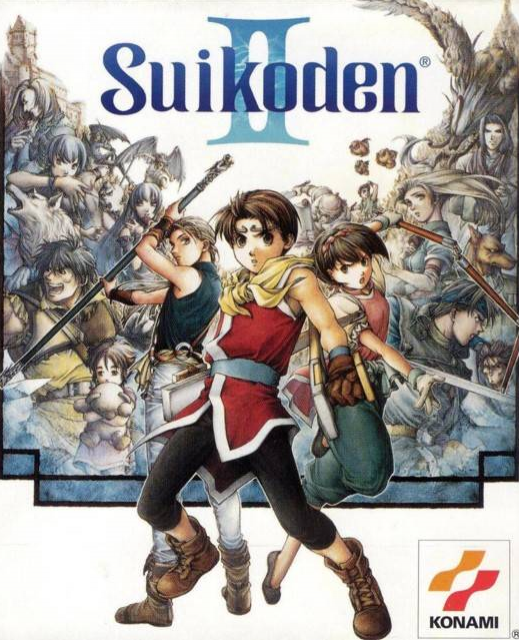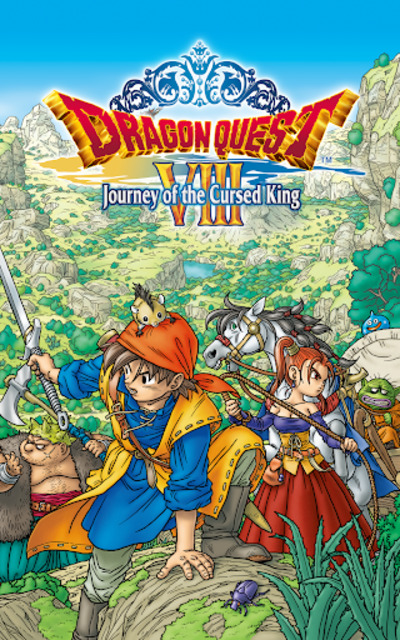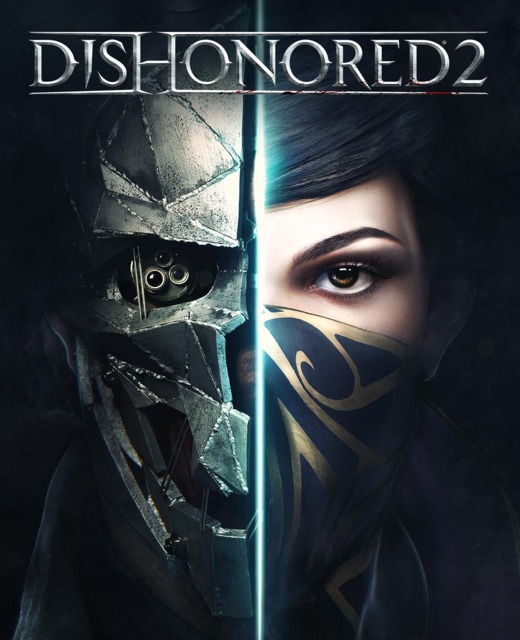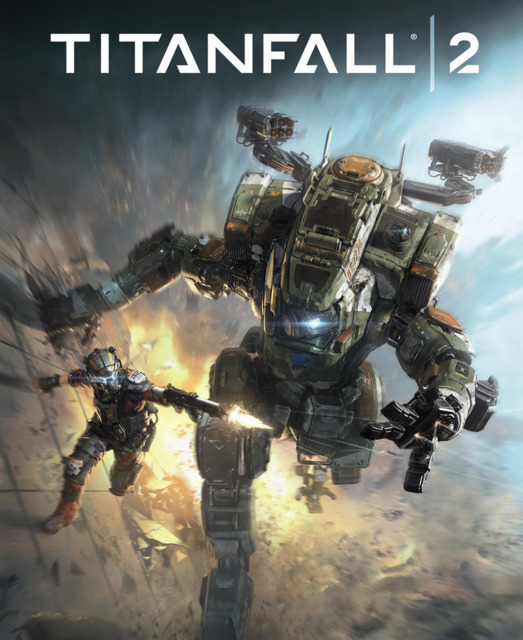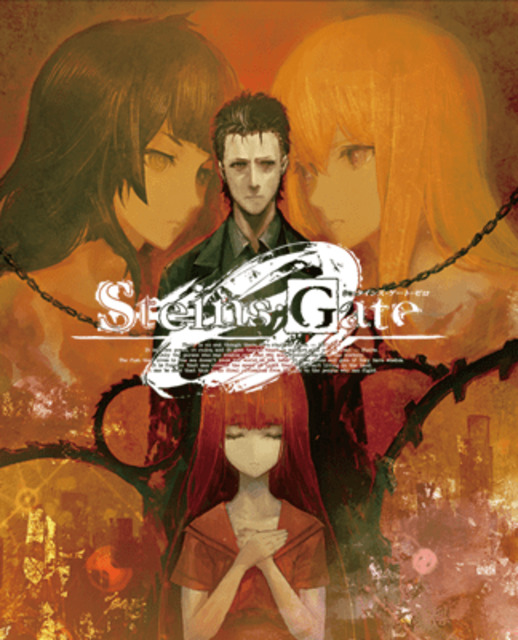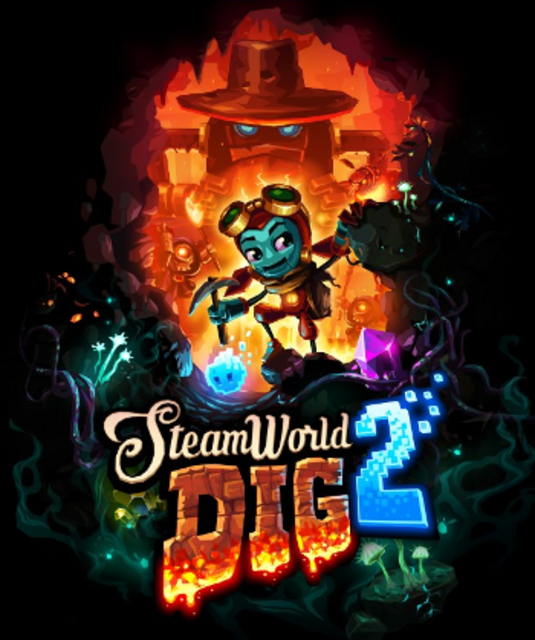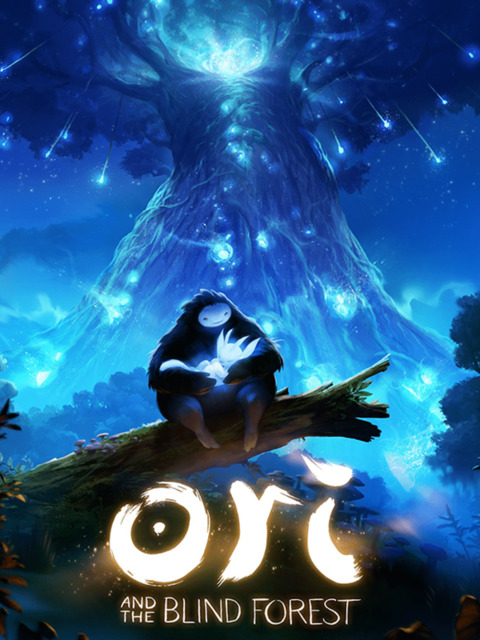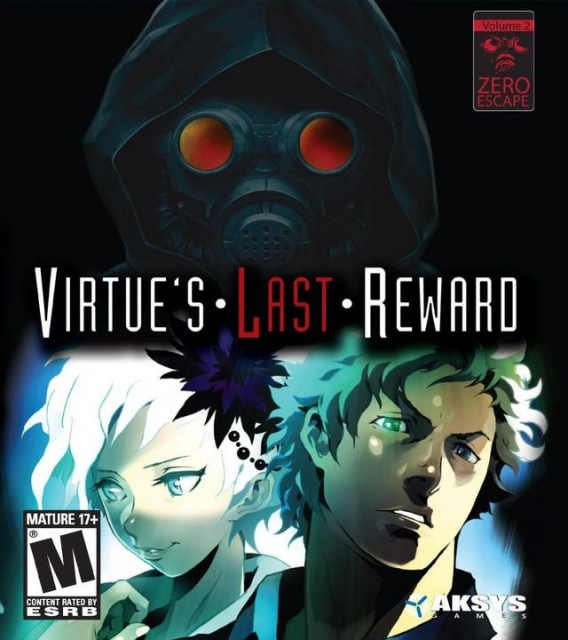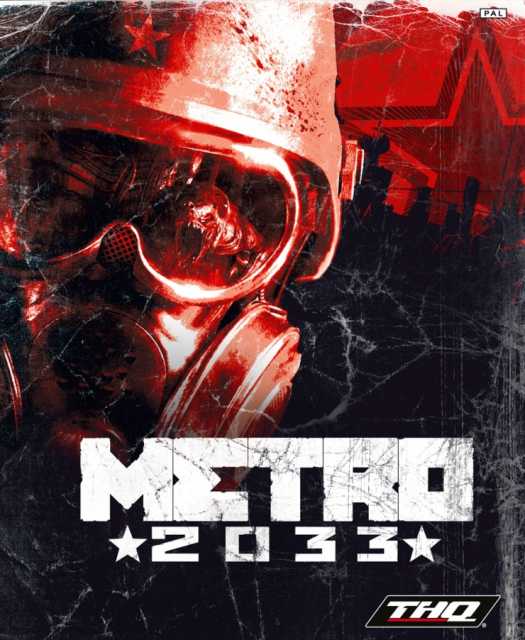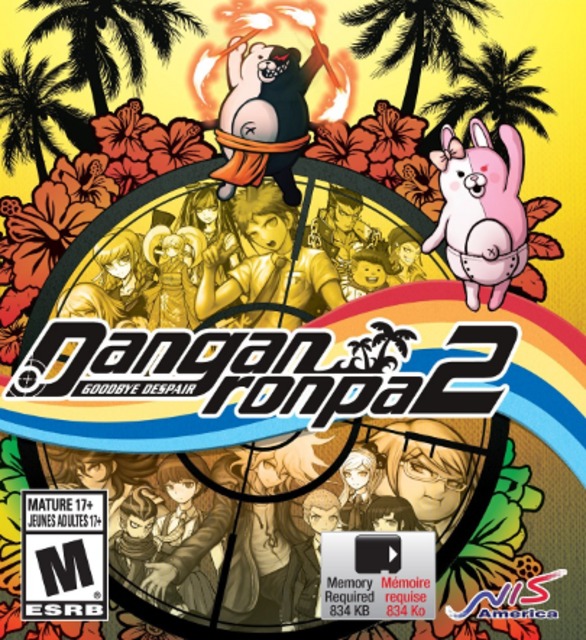Best New Old Games of 2018
Eligible list items are games that:
- I enjoyed playing
- I’ve never played to the end before
- weren’t released within the current year
- aren’t a remastered version of a game I’ve played to the end before
- are completed or reach a satisfying state of completion within the current year
Note: In the case that multiple titles from one franchise are eligible, only one will be allowed to be on the main list.
2018 personal goals:
- Focus on JRPGs and PC games
- Be more open-minded to new and unfamiliar genres
2019 personal goals sneak peek:
- Focus on games that originally released before the current generation of consoles (Xbox One, PS4, etc.)
- Finish games I started playing long ago
Honorable mentions:
- Beyond Good & Evil HD - X360 (2011)
- Crysis 3 - PC (2013)
- Dead or Alive 5 Last Round - XONE (2015)
- Dishonored: Death of the Outsider - PC (2017)
- Hidden my game by mom - ANDR (2016)
- Hidden my game by mom 2 - ANDR (2017)
- Mad Max - XONE (2015)
- Metro: Last Light Redux - PC (2014)
- My brother ate my pudding - ANDR (2017)
- Prey - X360 (2006)
- RiME - XONE (2017)
- Roundabout - XONE (2015)
- Shantae and the Pirate's Curse - XONE (2016)
- Shantae: Half-Genie Hero - XONE (2016)
- Sherlock Holmes: Crimes & Punishments - XONE (2014)
- Sherlock Holmes: The Devil’s Daughter - XONE (2016)
- Soma - PC (2015)
- Spec Ops: The Line - PC (2012)
- Suikoden - PS (1996)
- Suikoden III - PS2 (2002)
- Super Lucky’s Tale - XONE (2017)
- Uncharted: The Lost Legacy - PS4 (2017)
Dishonorable mentions:
- Animal Crossing: New Leaf - Welcome amiibo - 3DS (2016)
- Disneyland Adventures - XONE (2017)
- Forza Horizon 2 - XONE (2014)
- Game of Thrones - PS4 (2014)
- Gears of War 4 - XONE (2016)
- Gravity Rush 2 - PS4 (2017)
- Homefront - PC (2011)
- Homefront: The Revolution - XONE (2016)*
- Layers of Fear - PC (2016)
- Late Shift - XONE (2016)
- Mafia III - PS4 (2016)*
- Mass Effect: Andromeda - PC (2017)
- RAGE - PC (2011)
- Rogue Galaxy - PS2 (2007)*
- ScreamRide - XONE (2015)
- Snake Pass - XONE (2017)*
- Thief - XONE (2014)
- Tokyo Mirage Sessions #FE - WIIU (2016)
- Tron: Evolution - X360 (2010)*
- Zero Time Dilemma - VITA (2016)
* denotes a game I didn’t bother finishing myself due to a game-breaking bug (Homefront: The Revolution) or by simply being that shitty of a game (Mafia III, Rogue Galaxy, Snake Pass, Tron: Evolution)
FINAL LIST

